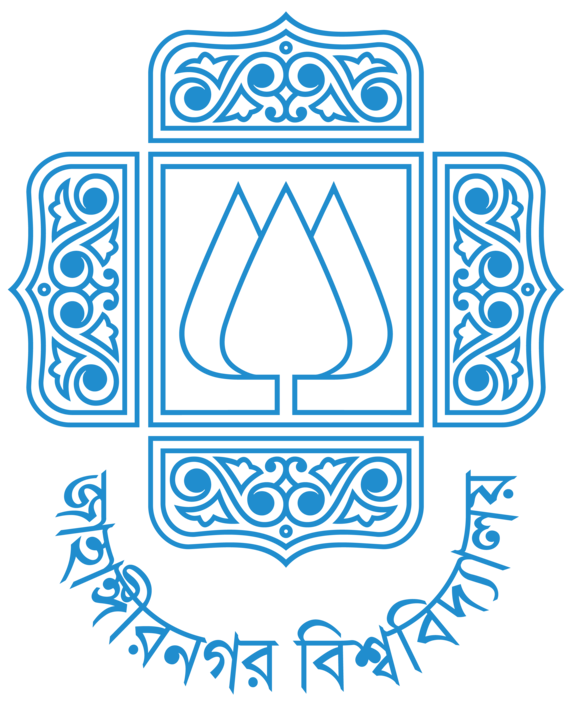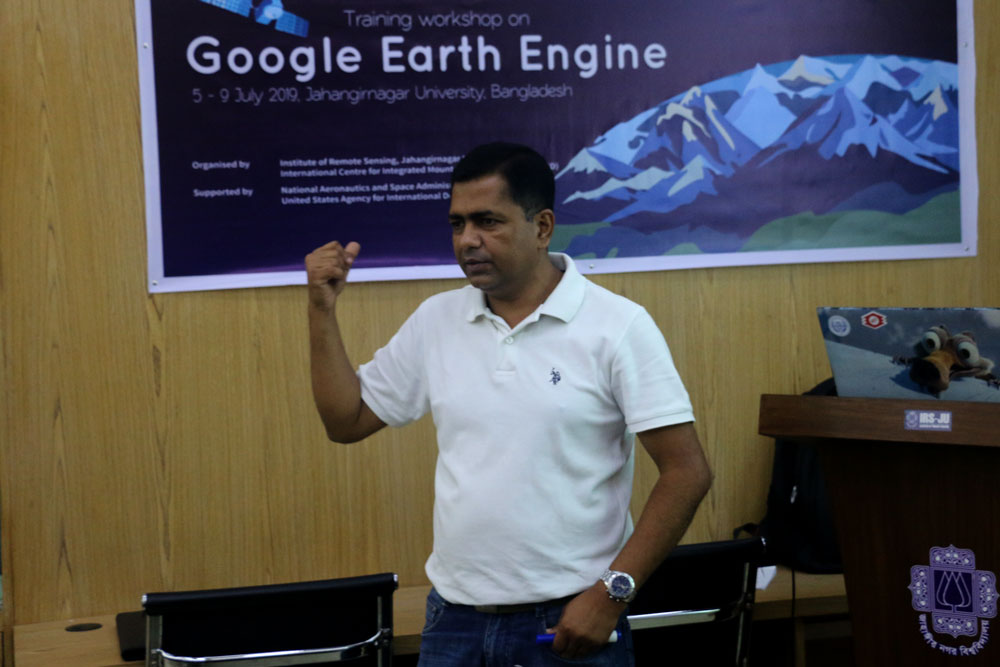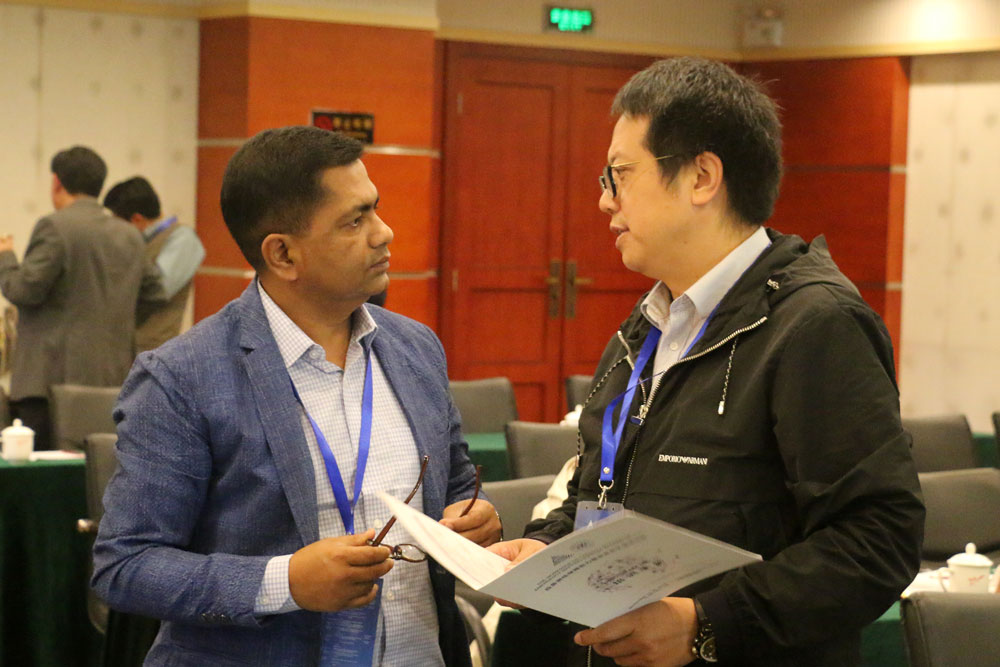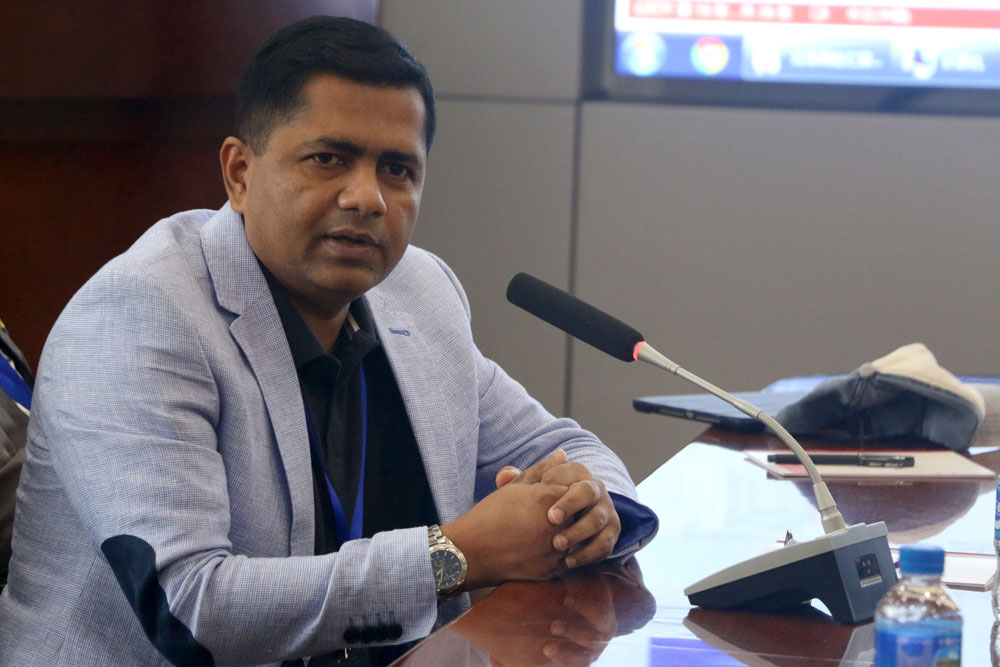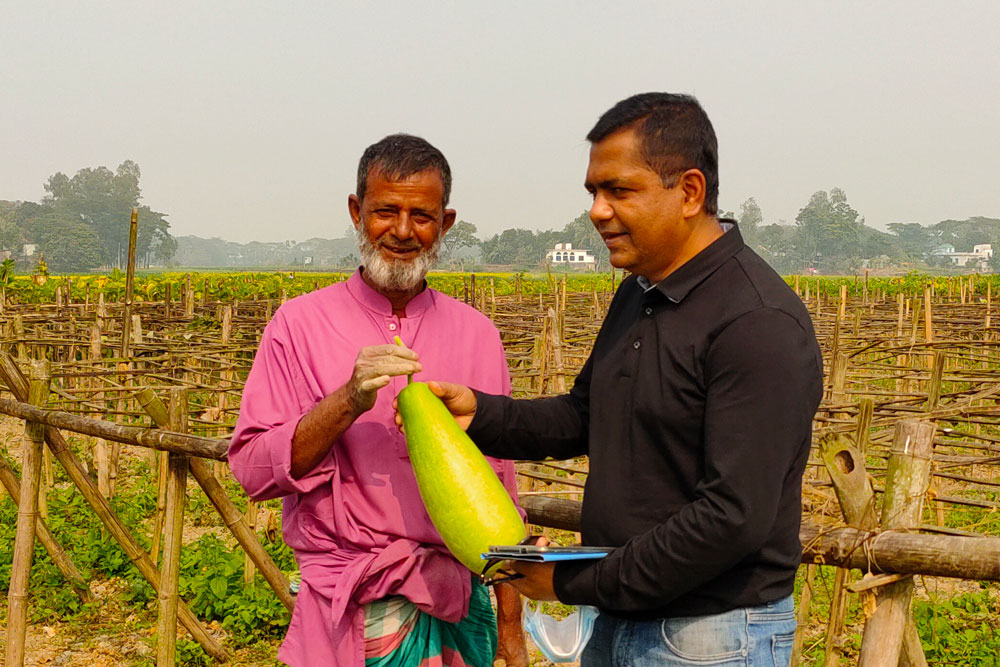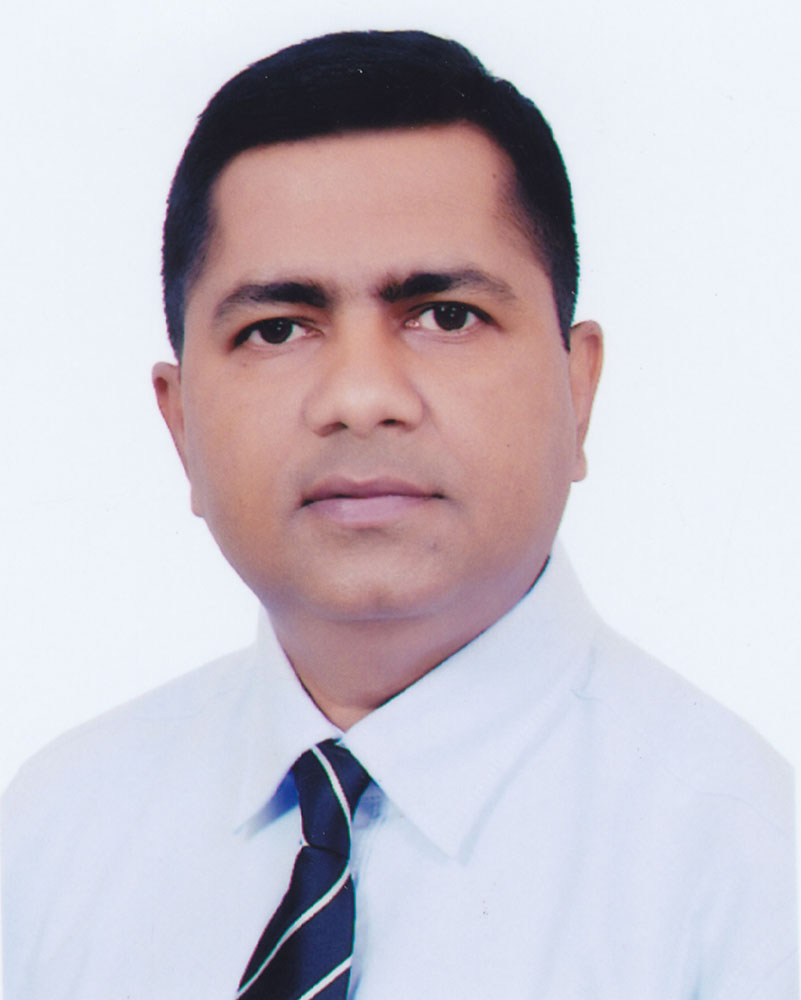
Sheikh Tawhidul Islam
Professor and Director in the Institute of Remote Sensing and GIS
Professional engagements: Sheikh Tawhidul Islam is a Professor and Director in the Institute of Remote Sensing and GIS, based in one of the public universities of Bangladesh – Jahangirnagar University. He worked in the Department of Geography and Environment (joined in 1998 as a Lecturer) of the same University for about two decades and held the ‘Professor’ position there before joining the Institute in February 2021. Dr Islam received his PhD Degree from the Department of Geography based in Durham University, United Kingdom (2002-2006) under British Commonwealth Scholarship Programme.
Details…
Prelude – fluidity in crystalizing character: Sheikh Tawhidul Islam has a grown-up history which strongly contributed in the making of what he is now. Absence of a brief account on that would lead to provide a partial introduction about him. A complete understanding about him might happen once the whole is taken. Details …
Dr Islam aims to bring about change and improvements in the lives of people by making objective assessments and examining problems meticulously. He has been working in the interface of science, policy, and people throughout his career. In a number of cases, the results he produced and the insights he developed have contributed to the process of policy improvements. In doing so, Dr Islam connects anecdotes of socio-economic-environmental issues occurring at various scales (at-scale, across the scale, and beyond the scale) by using multidisciplinary tools such as geospatial techniques and social theories. This fusion of scientific and social-science methods/techniques helps to understand the problems in a comprehensive manner. For instance, he argued, through academic and popular (newspaper) articles, that Bangladesh’s coasts would not be grossly submerged, as opposed to widely held claims of submergence, when the country receives about a trillion cubic meters of water annually along with 1.2 billion tons of sediment from about two million square kilometers of water catchment areas.
The appearance of these results in public media and academic arenas contributed to changing the narratives surrounding sea level rise-related inundation in Bangladesh. Dr Islam’s contributions in revealing this fact gave millions of coastal people relief from the fear of submergence of their lands. Another study carried out by Dr Islam, titled ‘Climate Change Education for Sustainable Development (2015),’ for BANBEIS (Bangladesh Bureau of Education Information and Statistics, Ministry of Education), and the results of the work played vital roles in developing PEDP IV in Bangladesh (Fourth Primary Education Development Programme 2018-2023). Contributions through research on social needs/problems leading to social change are matters of deep satisfaction since they provide researchers/professionals the opportunity to pay back to society and reduce social debts. Dr Islam’s 100+ such knowledge products have played roles for change (as social contributions) in the society. In addition, the teaching roles in one of the largest public universities in Bangladesh helped Dr. Islam in producing more than thousand students throughout his career as skilled professionals who are now contributing for their own well-being and overall social welfare.
Working within a broad operational framework by engaging both close-range and far-away agencies and colleagues has been the central focus of Dr Sheikh Tawhidul Islam. He values the fact that cross-fertilization of ideas through partnership activities (e.g., sharing knowledge, exchange visits, capacity development activities) may contribute to a more comprehensive understanding of the problems at hand, which cannot be achieved when individuals/entities work alone in a connected world. In order to uphold this notion Dr. Islam devoted himself to gain necessary technical and theoretical knowledge, communication/language skills which finally made him versatile, and helped to develop effective partnerships with a range of entities over the time.
The partnership development process had evolved from small-scale local partnerships in the initial stages to comparatively large scale, regional and international partnerships in the later/current stage. This process led Dr. Islam to get engaged with major national government and non-government agencies (including donor agencies) in Bangladesh who work in the areas of environment and development. Dr Islam has been involved with the regional agency ICIMOD (Nepal) in various capacities for the last two decades. He has been continuing his PhD research legacy with different UK institutions such as Durham University and Leeds University. He is an effective partner of the Asian Institute of Technology (AIT, Thailand) in the DPMM and SMARTS Center and works closely with the Dadaleh Institute based in York University (Canada) and the United Nations University Institute for Water, Environment, and Health (UNU-INWEH). Currently, Dr Islam is working with NASA and ICIMOD scientists through the partnership via the SERVIR-HKH partnership programme.
The outcomes of these partnership programs have resulted in the utilization of novel data, state-of-the-art methods, and tools to deploy innovative solutions that societies in the global south need but never seen or used before. Dr Islam has played roles in introducing (i) the lightning and thunderstorm early warning toolkit named HIWAT in Bangladesh, developed and piloted by NASA/SERVIR, which was/is not available in Bangladesh. This HIWAT may help save lives of people and assets, including livestock; (ii) the application of free Radar data through the workflow process of the Alaska Satellite Facility (ASF) in flood or cyclone impact assessments and (iii) air quality monitoring using satellite-borne sensors. Many such new innovations have been introduced in Bangladesh through Dr. Islam’s partnership engagements.
It is pertinent to mention that Dr. Islam has acted as a co-founder to establish a network of professionals and organizations across the Asia-Pacific region named Climate Action Resource Network – Asia Pacific (CARN-AP, https://carn-ap.net/). Currently, 143 experts from different organizations and countries have joined the network and jointly performed a number of activities.
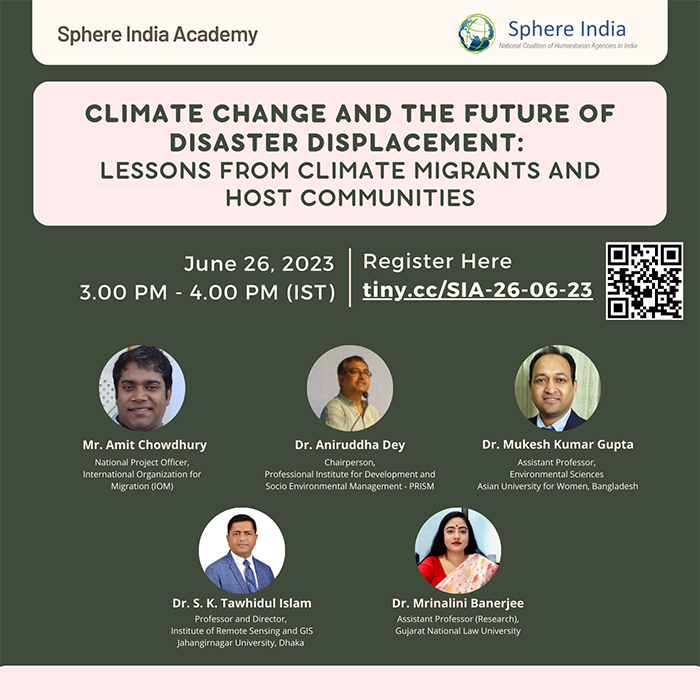
WEBINAR
Climate Change and the Future of Disaster Displacement: Lessons from Climate Migrants and Host Communities
Sphere India Academy | 26-06-23| 3.00 PM – 4.00 PM (IST)
